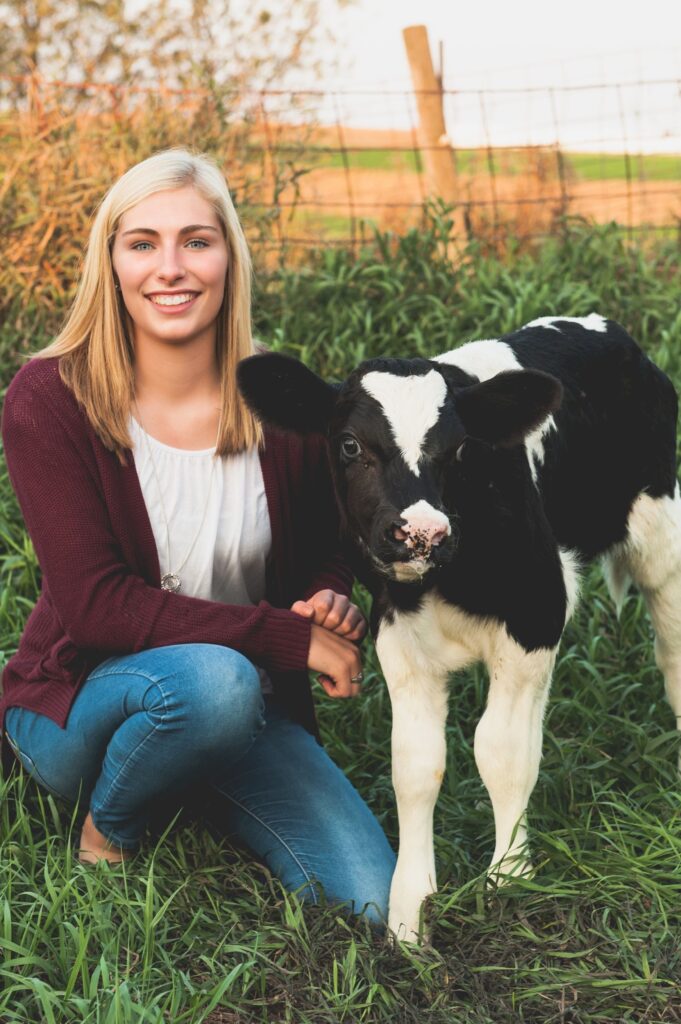Hit hard by COVID-19, HorseSense is eager to help riders of all abilities again
Written by admin on July 24, 2020
A Wisconsin nonprofit that helps people of all abilities get back on the horse is navigating through Coronavirus complications.
HorseSense has a mission to enrich the lives of youth, adults, and military veterans with disabilities through a partnership with a horse. Founded in 1989, the La Crosse County organization offers therapeutic horseback riding lessons to the community. All of the instructors are certified through the Professional Association of Therapeutic Horsemanship. They get extensive training on how to work with each person such as helping a quadriplegic mount a horse.
“We find that a lot of people benefit from just being up at the farm, grooming the horses, riding, and just being part of the program,” Executive Director Samantha Hall said. “Animal-assisted therapy can be life-changing for so many people, and it is really beautiful to see how that relationship with the horses is so unique to each person and how it can really build them up and help them with their unique situation.”
The program has grown substantially in recent years. Building an indoor arena allowed more months of riding starting as early as March and lasting through the end of November. Hall said they’ve gone from helping between 20 and 30 riders a year to more than 100. They accept riders as young as four and as old as a doctor will consent to working with the animals.
“The people we work with could have physical disabilities,” Hall said. “It could be cognitive. It could be psychological. For some folks, riding a horse is the only amount of freedom that they really have to move and to be connected with that animal.”
Because of COVID-19, riders were restricted. In March, HorseSense was forced to cancel riding lessons. The nonprofit hoped to resume after a short closure, but government mandates forced the organization to close because it was considered nonessential. No spring riding lessons and the cancellations of two major fundraisers cost HorseSense more than $20,000 early in the pandemic.
Lessons did resume once orders lifted, but only for more able-bodied riders who did not require as much hands-on help.
“Financially, it has been very difficult for our small organization,” Hall said. “Demand has certainly not been affected. We get inquiries frequently for people wanting to ride. I think especially now with all of the stress and uncertainty, a lot of people find comfort in riding up at the farm and building that relationship with the horse.”
HorseSense is adapting with virtual events and fundraisers as well as possible drive-thru opportunities in the future. Additionally, there are active online fundraising campaigns such as chances to sponsor a horse or pay $5 to provide a day’s worth of feed in the winter months.
“We are anxious to be able to help as many as we can, but of course, we want to proceed cautiously and make sure lessons are safe,” Hall said. “We care about serving our community, and we need the help of our community members to keep our program growing strong to weather this COVID-19 pandemic so when life goes back to normal, we are able to hit the ground running and help even more people in need.”






 KQ98 Live
KQ98 Live